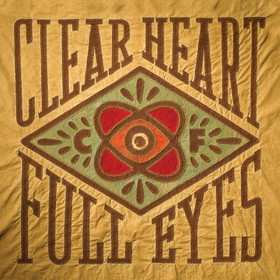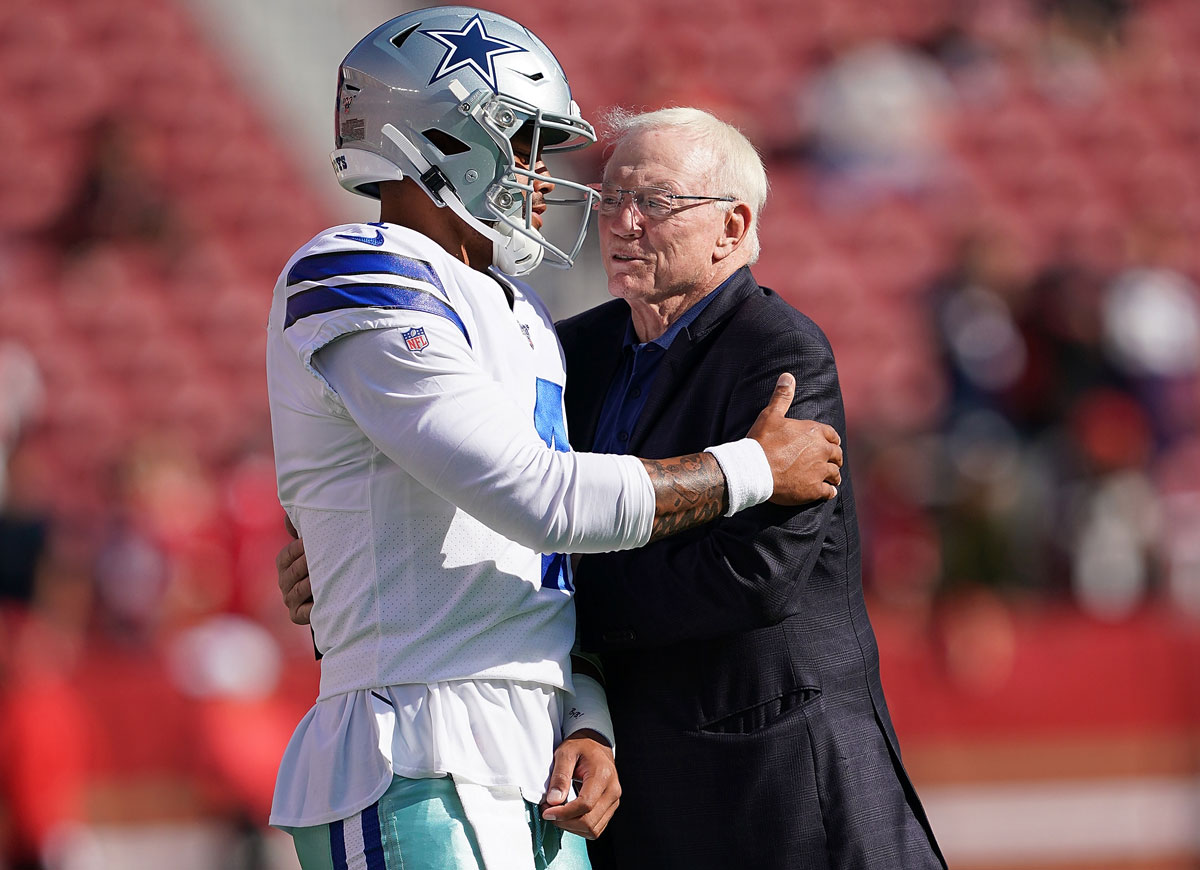Clear Heart Full Eyes by Craig Finn

4/5
Craig Finn is the bard of the bar, the second coming of Springsteen, America’s hipster-in-chief. These are the sentiments of much that has been written about him for the last decade in which he has fronted The Hold Steady, a rock and roll band from Brooklyn, by way of Minneapolis, with passion and presence that could fill arenas. Though they played small bars, stretching the seams of High Life-soaked rooms to their bursting points, The Hold Steady represented a big idea—they were a convincing point in the argument about the heart of rock and roll. The songs told specific stories, but those stories seemed less important than the grand tradition of storytelling they evoked. The Hold Steady were narrowly focused in practice but grandiose in spirit, and Finn, as the ecstatic front man, embodied a rock and roll ideal. Now, with his first solo album, Finn has casually established himself in less ambitious terms—not as an icon for a musical changing of the guard, but as one of America’s finest poetic storytellers. He was The Boss en route to rocking stadiums. Now, as a solo act, he is Lyle Lovett in front porch rocking chairs.
Clear Heart Full Eyes, like The Hold Steady’s albums that preceded it, presents a collection of characters. Lyrically, Finn has always avoided vague sentiments in favor of telling the stories of specific, often tragic people. But where The Hold Steady’s raucous sound and electrifying stage shows drew some attention away from unforgettable characters like Hurricane Jesse, Finn has dialed it down a notch. Musically, the front porch kegger that is The Hold Steady has refashioned itself into a garden party with bottles of craft beer. Clear Heart Full Eyes lolls along, slowed by a sprawling pedal steel and a contemplative fiddle. One might even say it sounds relaxed.
But Finn does not ease up on his stories. The album was recorded in Austin with a set of musicians Finn had never played with before, bringing these characters into sharper focus, beat-like characters whose selves have spilled out across a landscape of balcony parties, bars, hospitals and rented rooms. They are desperate and hopeful, burned out and seeking to reclaim something they never had—their youthful ideas of what love and life were supposed to be like. Finn must have seen numerous closing times to be able to garner such empathy for jaded people whose creative sparks have been dimmed by anxiety and alcohol and adulthood. But then, they are his creations, and he loves them like a father loves his children. Finn delivers their stories as if he longs, like a rock and roll Jesus, to gather his jaded and tired flock beneath his wings.
Clear Heart Full Eyes roams around the edge of the American folk tradition, and like our current great novelists, Finn is deeply immersed in his characters, his stories, and his visions of life, which are no less rich for inhabiting four-minute long songs. He hasn’t lost the spirit of The Hold Steady, but the album gives Finn space to chill out, which is something he can’t and shouldn’t do with The Hold Steady. It’s within this space that Finn’s craftsmanship in writing becomes apparent and immensely enjoyable. For long time fans, it’s like leaving a poetry slam and sinking at home into a cozy armchair with a cup of tea and a copy of Walt Whitman.
RELATED ARTICLES
Get the most-revealing celebrity conversations with the uInterview podcast!





Leave a comment